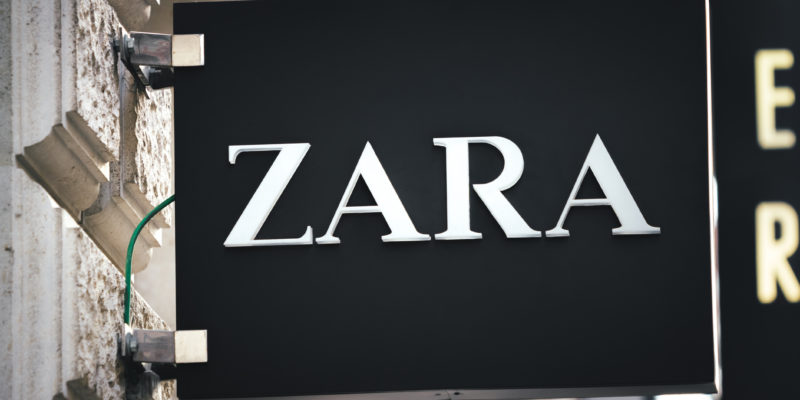AIPPI London 2019: Kluwer IP Law Panel on Session Genuine Use of Trademarks
London’s weather was very generous to AIPPI participants this year. It was not so hard to get up early and attend the breakfast panel on Genuine Use of trademarks organized by Wolters Kluwer as part of the 2019 AIPPI World Congress in London. The panel was moderated by Eléonore Gaspar (DTMV, France). Eléonore presented the…


